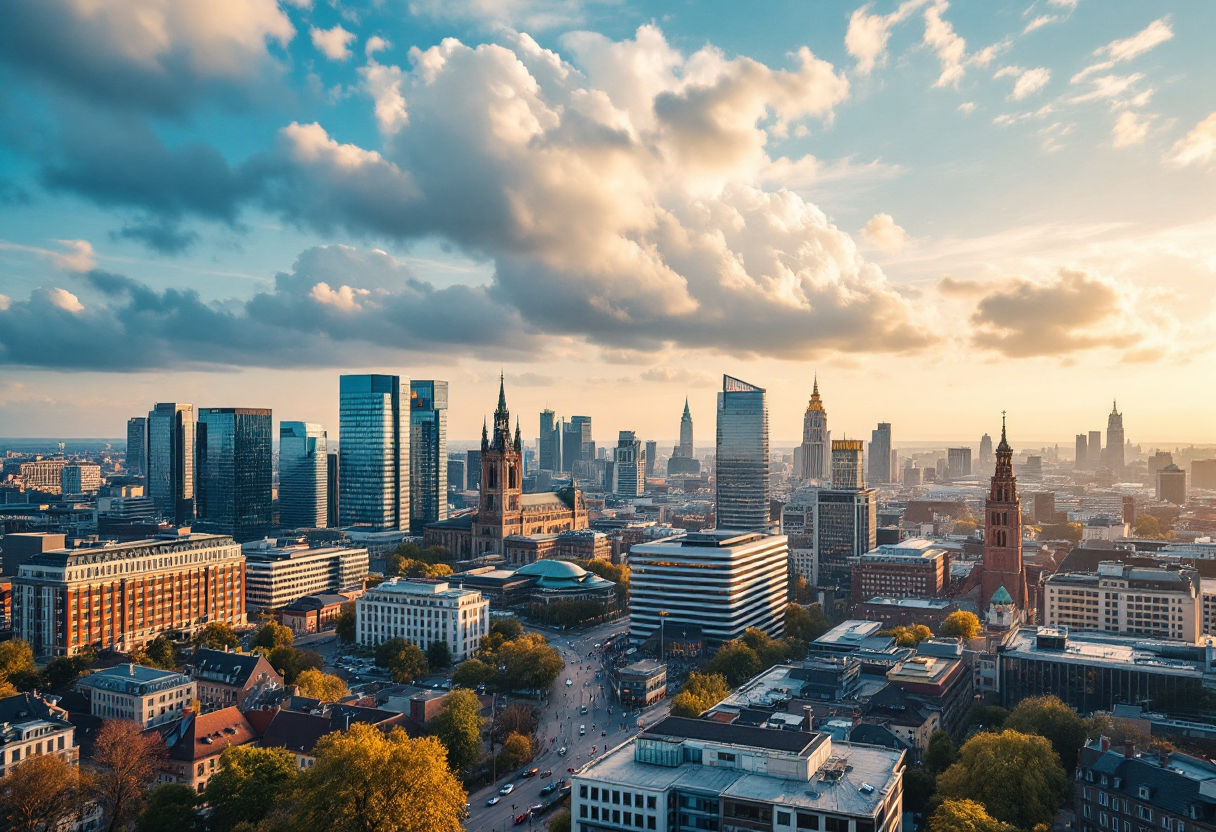Table of Contents
The backdrop of political instability
Germany is currently witnessing a significant political upheaval, with Chancellor Olaf Scholz calling for a confidence vote in Parliament. This move comes after the disintegration of his three-party coalition, which has raised concerns about the future of governance in one of Europe’s most stable democracies.
The confidence vote, scheduled for Monday, is expected to result in a loss for Scholz, paving the way for snap elections that could reshape the political landscape.
Scholz’s decision to seek a confidence vote is not merely a procedural formality; it reflects the deep-seated challenges facing his administration.
The catalyst for this crisis was the dismissal of his finance minister, which triggered the collapse of the coalition. As the political climate grows increasingly volatile, many are left wondering how this will affect Germany’s role within the European Union and its response to global challenges.
Implications for the European Union
The political turbulence in Germany coincides with a broader crisis within the European Union, particularly in light of recent developments in France. With leadership vacuums emerging in key member states, the EU is confronted with pressing issues, including the ongoing war in Ukraine and the potential return of Donald Trump to the U.S.
presidency. Trump’s skepticism towards NATO and threats of a trade war with Europe add further complexity to an already precarious situation.
As Germany grapples with its internal challenges, the EU must navigate these turbulent waters without strong leadership from its largest economy.
The implications of this instability could reverberate throughout Europe, affecting everything from economic policies to security strategies. The upcoming elections in Germany will be crucial in determining how the country positions itself in this shifting landscape.
The future of German politics
As the confidence vote approaches, the stakes are high for Chancellor Scholz and his party. The outcome will not only dictate his political future but also set the tone for the next government. Voters will have the opportunity to express their dissatisfaction with the current administration, potentially leading to a significant shift in power dynamics.
In a democracy, the electorate holds the ultimate power to shape the future. Scholz’s assertion that “it is the voters who determine the course of future politics” underscores the importance of this moment. Young voters, in particular, are increasingly engaged and vocal about their expectations for leadership that addresses contemporary issues such as climate change, social justice, and economic inequality.
As Germany stands on the brink of a new political era, the outcome of the confidence vote and subsequent elections will be closely watched, not only within the country but across Europe and beyond. The decisions made in the coming weeks will have lasting implications for Germany’s governance and its role on the global stage.




